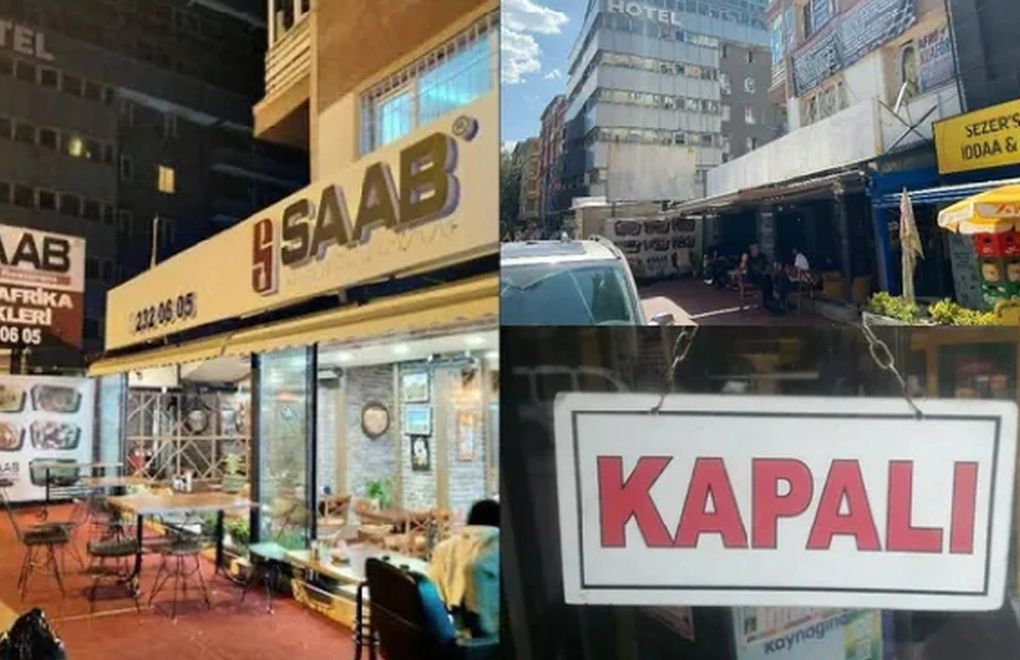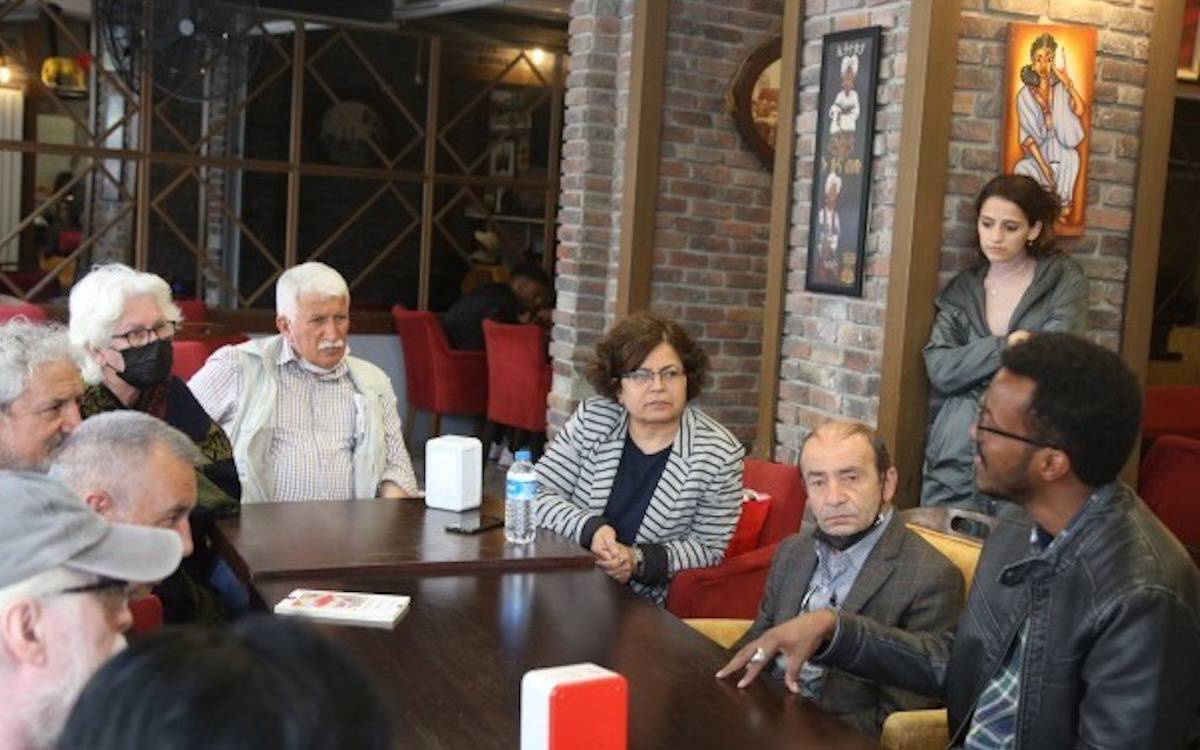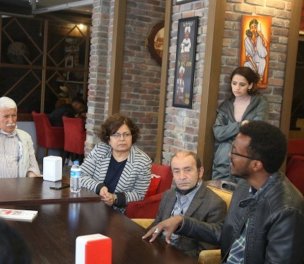The Ankara 5th Administrative Court ruled that the measures taken by the police against businesses employing migrants were executed with racist prejudices, determining discrimination against a Somali restaurant owner.
Since 2021, Mohamed İsa Abdullah, the owner of Saab Cafe in Kızılay, Ankara, has faced police raids, ultimately leading to the closure of his establishment. However, refusing to succumb to pressure, Abdullah resorted to legal avenues and lodged a complaint with the Turkish Human Rights and Equality Institution (TİHEK).
Upon evaluating Abdullah's appeal against TİHEK's decision stating no violation, the Ankara 5th Administrative Court concluded that the actions of law enforcement during raids were motivated by racist intentions.

Restaurant run by Somalian refugee closed after months of harassment
The court acknowledged the evidence provided by Abdullah, including video recordings capturing discriminatory remarks made by police officers, as proof of the racist nature of their conduct.
The Association for Equal Rights monitored and documented the poor and discriminatory treatment of Somali entrepreneurs in Ankara throughout and following the continuation of racist practices.
After his residence permit was revoked, Abdullah returned to Somalia, stating, "The Turkish police discriminated against us because we are Somali. This has now been confirmed by a court decision."
Abdullah commented on the verdict via his social media account, highlighting the unjust treatment he and others endured and expressing gratitude to those who supported them.
The court's decision sheds light on a broader scale of discriminatory practices against businesses operated by Africans in Ankara. Concurrent with the raids on Abdullah's establishment, numerous Somali-owned businesses in the capital were subjected to similar treatment, with police conducting unjustified raids and identity checks to harass and intimidate owners and customers alike.
In a June 2022 incident, police forced the closure of Saab restaurant's signage during its opening celebrations, alleging that the traditional African colors of yellow, green and red used in the signage symbolized Kurdish militants. (AEK/VK)







